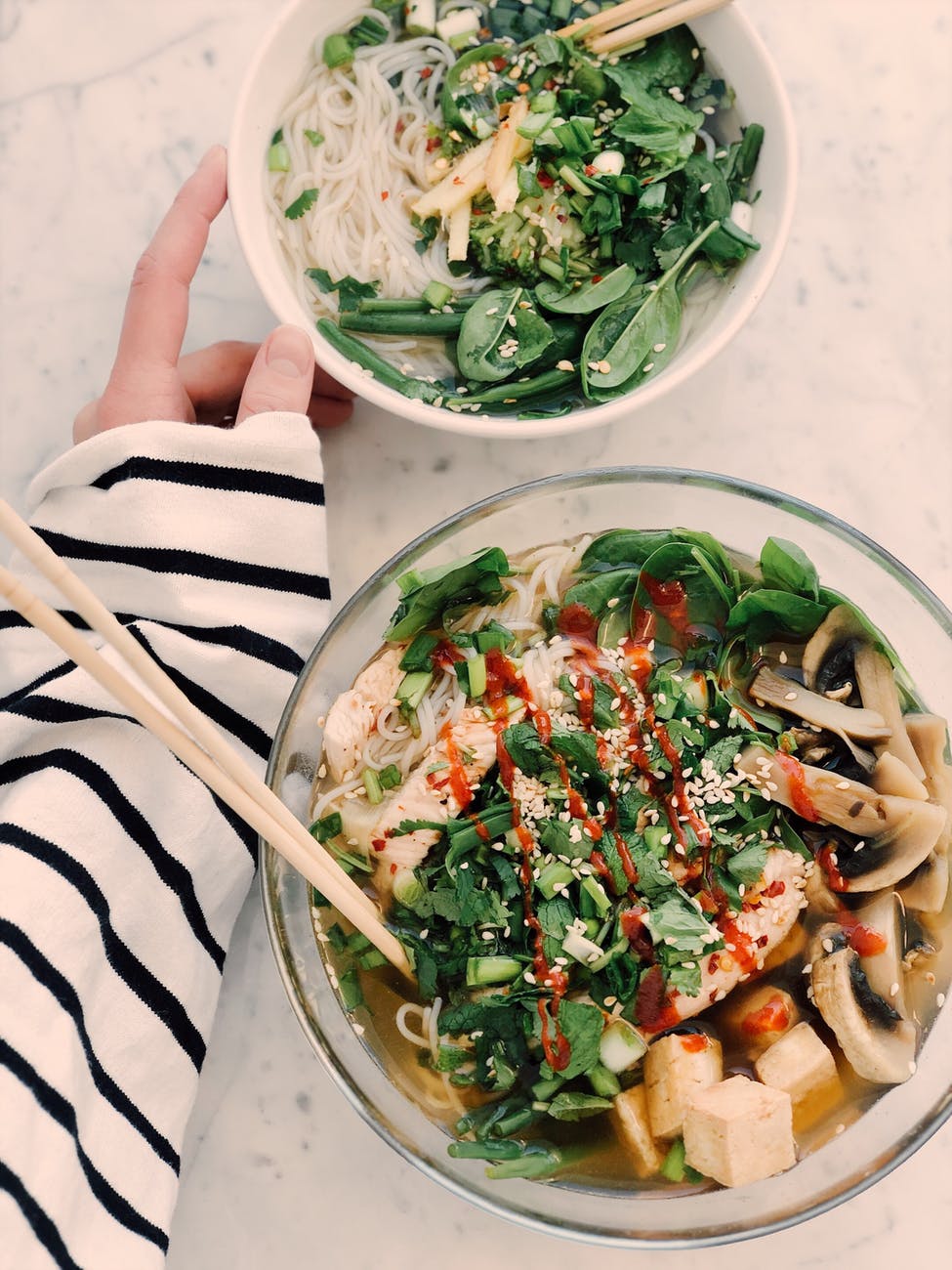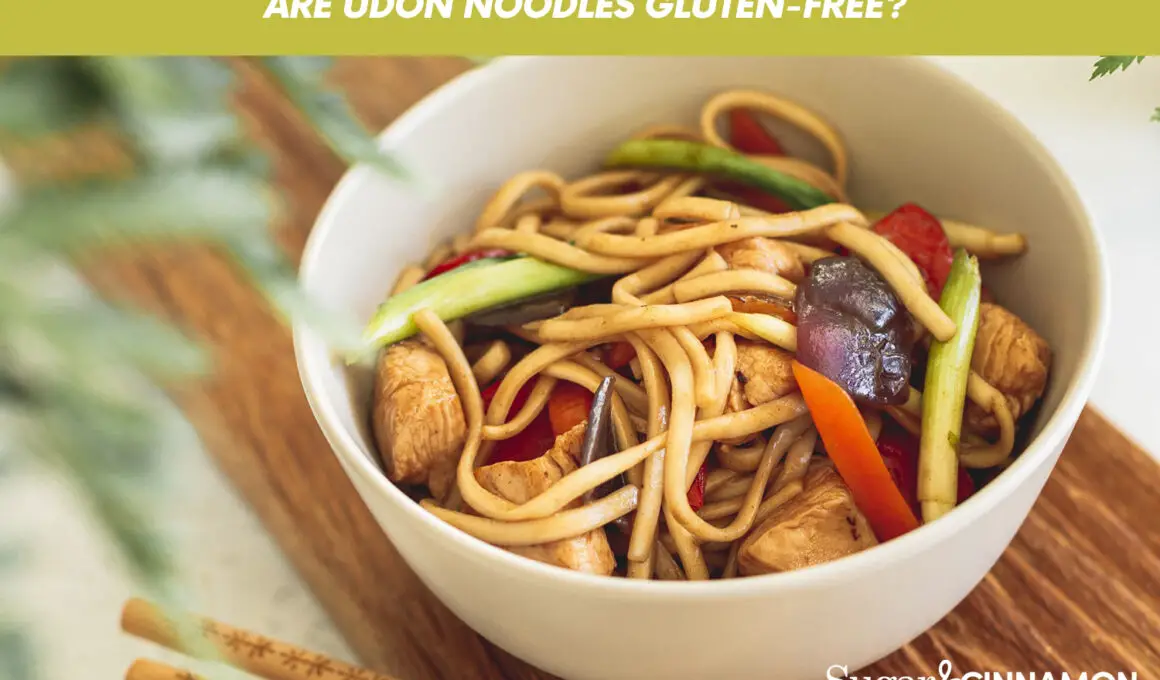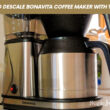Table of Contents Show
Food allergies and intolerance are real. A certain percentage of people suffer from this. It is important to know what you are about to eat before attempting to eat, especially if you are eating out.
Udon noodles are thick Japanese noodles. Due to its uniqueness and versatility, it can be cooked in various recipes. It is comfort food. On the general question of whether it is safe to eat; Udon noodles are safe.
The more specific question will be; is it gluten-free? Can those suffering from gluten intolerance take Udon noodles?
Summary: No, Udon noodles are not gluten-free. They are made from wheat flour which contains a high percentage of gluten. For those with gluten intolerance, staying away from Udon noodles is safe.
Udon Noodles: Comfort Food
Udon noodles are made from wheat flour. They usually come in white. When cooked, they are soft and easy to chew. They can absorb strong flavored ingredients and spices due to their nature and neutral color.
While Udon noodles may not be suitable for those with gluten intolerance, it has some vitamins and essential minerals. This benefits those who can take Udon Noodles, that is, those who can tolerate gluten.
Udon noodles are largely healthy. It is a simple meal. It could be considered healthier than ramen, this is because it does not require the alkaline broth used in making ramen, hence it has less sodium.
Gluten-free Alternatives To Udon Noodles
For Gluten intolerant individuals, there is good news. There are easy alternatives to Udon noodles.
1. Soba Noodles
Soba noodles are also similar to Udon noodles. It is a Japanese type as well. “Soba” is the Japanese name for buckwheat. Hence from its name, it implies it is made from buckwheat flour and water. It is largely gluten-free and is a healthy alternative to Udon noodles. . It sometimes also contains wheat flour and salt, you must check the list of ingredients to know which one is gluten-free

2. Rice Stick Noodles
these are also called rice noodles or rice sticks. It is also popularly called rice vermicelli. While these names are used many times interchangeably, they can be used for different types as well. From the name, it is manufactured from rice flour and water. They are gluten-free. They can be prepared and enjoyed in different forms.
3. Kelp Noodles
They are healthy noodles, they have low calories. They are made from the extract remnant of steaming kelp. The edible ones are steamed and the jelly-like remnants are turned into noodles. Their form is crispy and light. They are gluten-free.
4. Namisoto Noodles
These noodles are Japanese noodles that are typically gluten-free. They are also called Namisoto Udon Noodles. They are made from rice or rice flour and corn starch.
These alternatives are healthy alternatives for a gluten-intolerant individual. They contain a fair amount of vitamins, minerals, and calories. They can be easily purchased.
Frequently Asked Questions
Are There Brands of Udon Noodles That Can Be Taken by Those Sensitive to Gluten?
Many brands that produce Udon Noodles use wheat flour and these are not gluten-free. There are few Japanese types of noodles just like the Namisoto noodles that can be good for gluten-sensitive individuals.
Are Udon Noodles Vegan?
Yes, Udon noodles are made of wheat flour. They are vegan. Many noodles are manufactured with eggs as one of the ingredients, but Udon noodles are made from wheat flour mainly. They are largely vegan-friendly.
Are Ramen Noodles Same As Udon Noodles?
Udon noodles are made from Wheat flour and flour which contains gluten, ramen noodles are also made from wheat flour and egg. They are cooked quite differently. Ramen is cooked with a flavored broth to enable the taste of the noodles. Ramen noodles have a slimmer and lighter texture than Udon. While Udon is largely vegan, Ramen is not. More Toppings are used for ramen than Udon.
Final Thoughts
Udon noodles have great taste and are safe to eat. Sadly, they are not good for gluten intolerant people.
There are healthy gluten-free alternatives that can be explored and you would not be missing out much.













